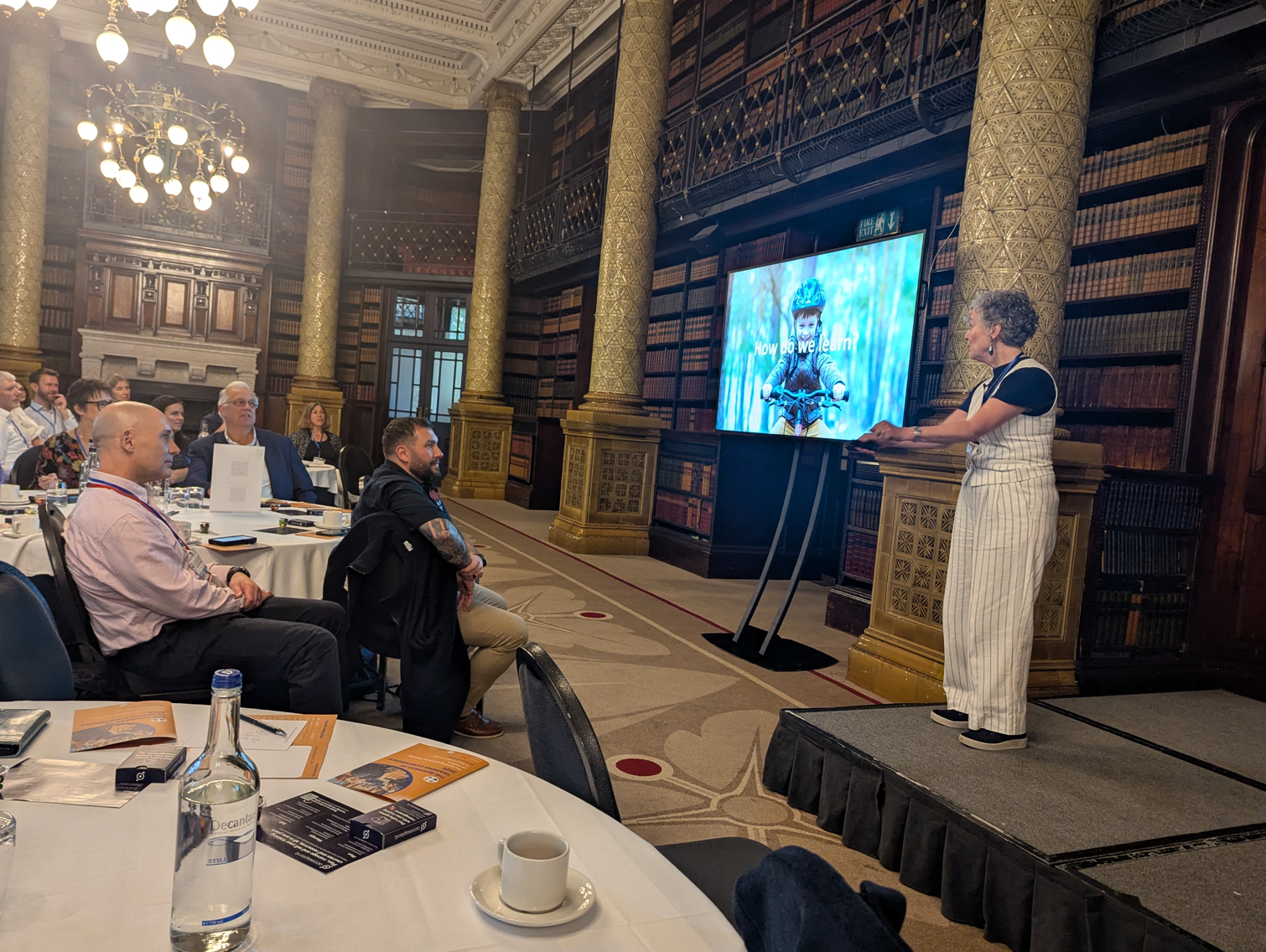Corporate mobility is shifting from cars and reimbursements to an employee-centred, cross-functional strategy. With regulation tightening and expectations rising, HR, Finance, CSR and operations must align to balance cost, carbon and experience. Dan Boiangiu argues that, done well, mobility strengthens business brand, people inclusion, retention and performance—not just transport.
For many years, corporate mobility was defined narrowly as fleet management and expense reimbursement. Cars were allocated to sales teams or senior executives, while the rest of the workforce relied on their own arrangements. That narrow focus is no longer sufficient. Mobility today sits at the intersection of cost efficiency, sustainability, and employee expectations. Companies that recognise this shift can transform mobility from a logistical concern into a genuine strategic advantage.
A new paradigm: From fleet-centric to employee-centric
The transformation is being driven by both external and internal forces. Cities are introducing low and zero emission zones, governments are tightening reporting requirements, and infrastructure for alternatives such as cycling and public transport is expanding. At the same time, employees are increasingly vocal about their needs. 62% now say that mobility offerings matter when choosing an employer. Younger generations in particular expect flexibility, inclusivity, and low carbon solutions.
This shift is not just about compliance or logistics
As a result, mobility can no longer be seen as a benefit for a select few. It must be rethought as a policy that promotes diversity in modes of transportation covering all employees, from public transit to cycling and shared mobility. This shift is not just about compliance or logistics. It is about employer branding, talent retention, and alignment with the values of a modern workforce. Mobility is becoming a core element of the employee value proposition.
A cross functional effort to cover the whole picture
No single department can address the full scope of modern mobility alone. HR brings insights into employee needs, wellbeing, and inclusion. Finance ensures policies are cost effective and sustainable in the long term. CSR aligns mobility with climate commitments and broader corporate values. Operational mobility experts make sure solutions are practical and scalable.
When these perspectives work together, mobility policies become more than the sum of their parts. The combined approach ensures that cost efficiency, sustainability, and employee satisfaction are treated not as competing priorities but as mutually reinforcing goals. In this way, mobility becomes a truly holistic strategy that balances business performance, environmental responsibility, and people experience.
From initiative to strategy
Many organisations today find themselves experimenting with initiatives such as public transport subsidies, cycling incentives, or shared mobility options without a clear overarching policy. The real opportunity lies in building strategies where HR, Finance, CSR, and operations collaborate from the outset.
When that happens, success is measured not only in terms of costs or emissions, but also in retention, employee satisfaction, and the strength of the employer brand. In short, mobility evolves from being a set of fragmented benefits to a strategic part of the people and business strategy.
Looking ahead
Corporate mobility is no longer a back-office issue but a strategic lever. Each company will need to define its priorities and adapt the pace of change to its context, but one message is clear. Mobility policies are becoming a decisive factor in how organisations create value for their employees, their business, and society at large.
By approaching mobility as a cross functional collaboration where HR, Finance, CSR, and operational expertise complement one another, companies can design policies that truly reflect the needs of today’s workforce while meeting business and sustainability goals. The reward is not just more efficient transport, but stronger engagement, higher retention, and a culture where employees feel their needs and values are genuinely represented.
Dan Boiangiu is Director International Consulting & Arval Mobility Observatory




